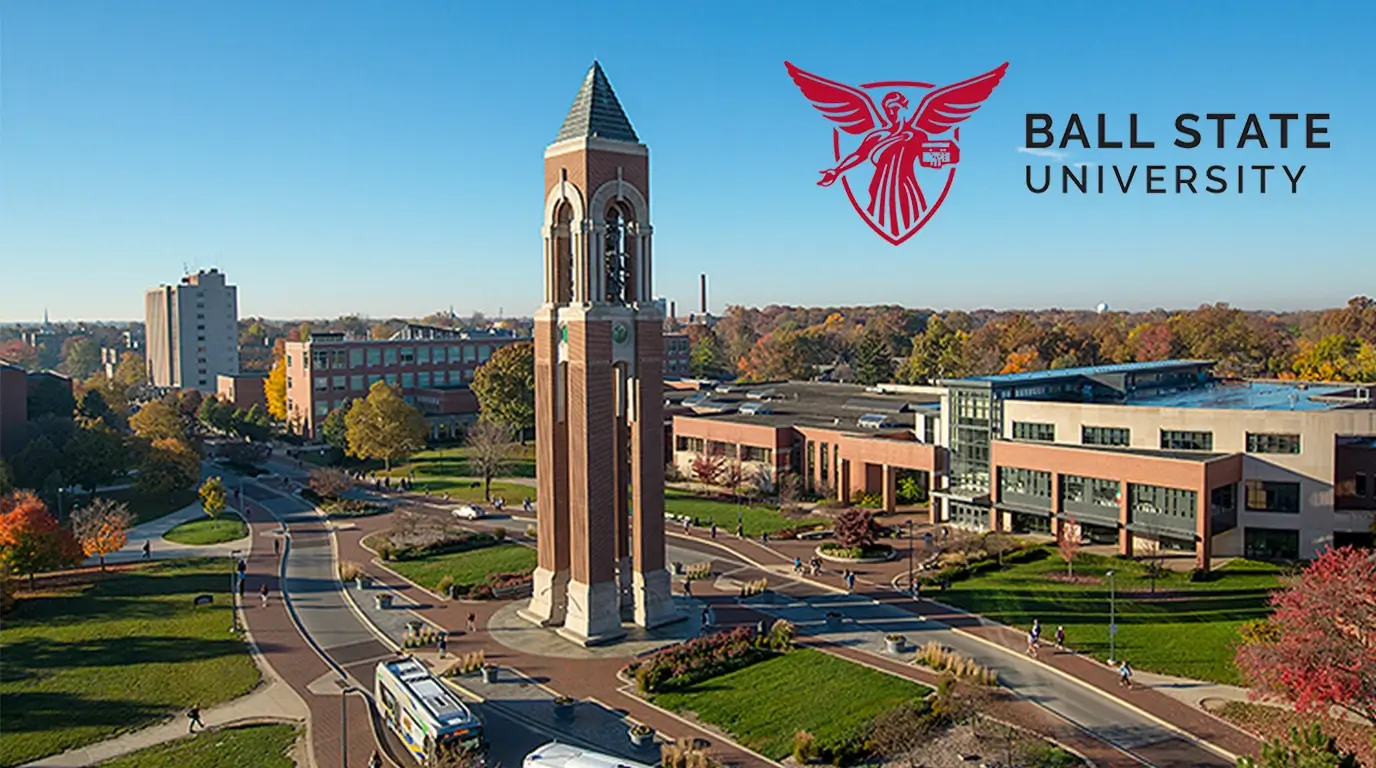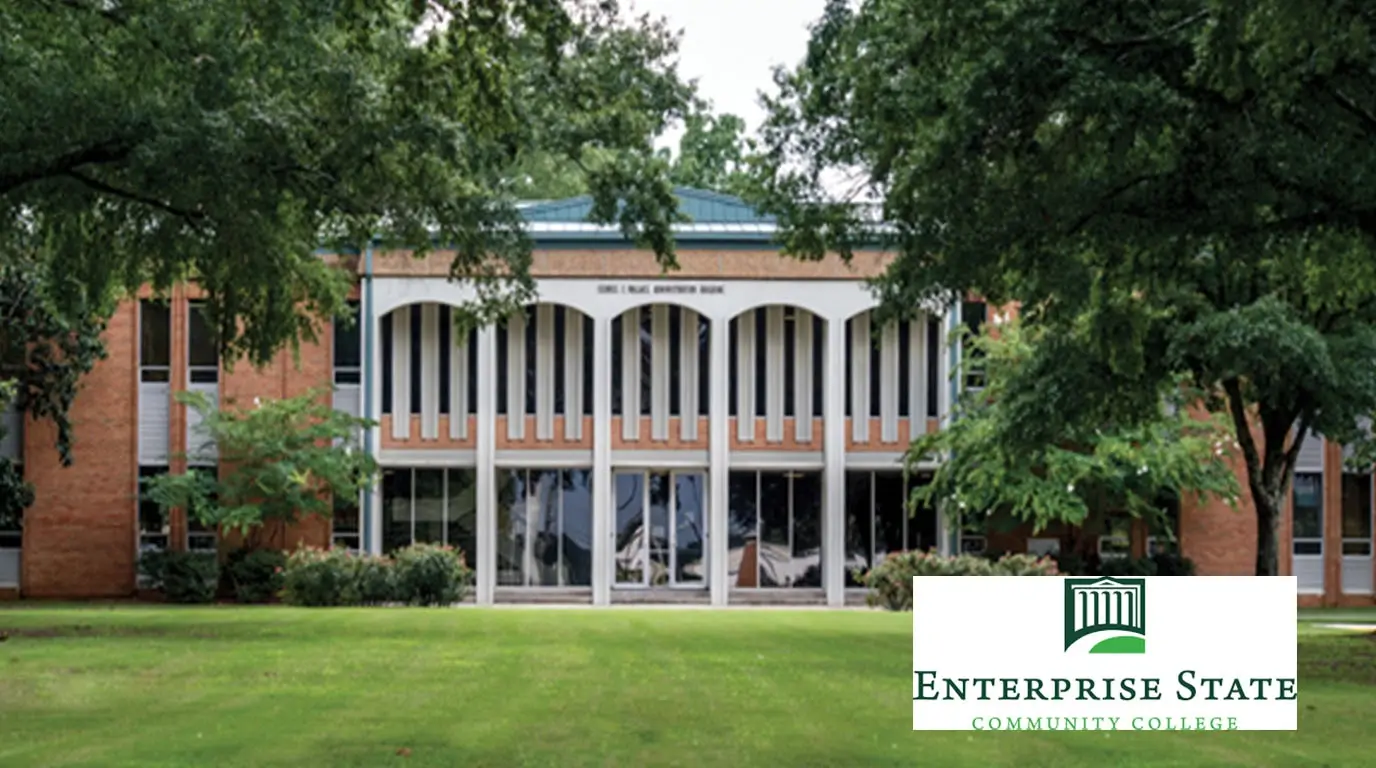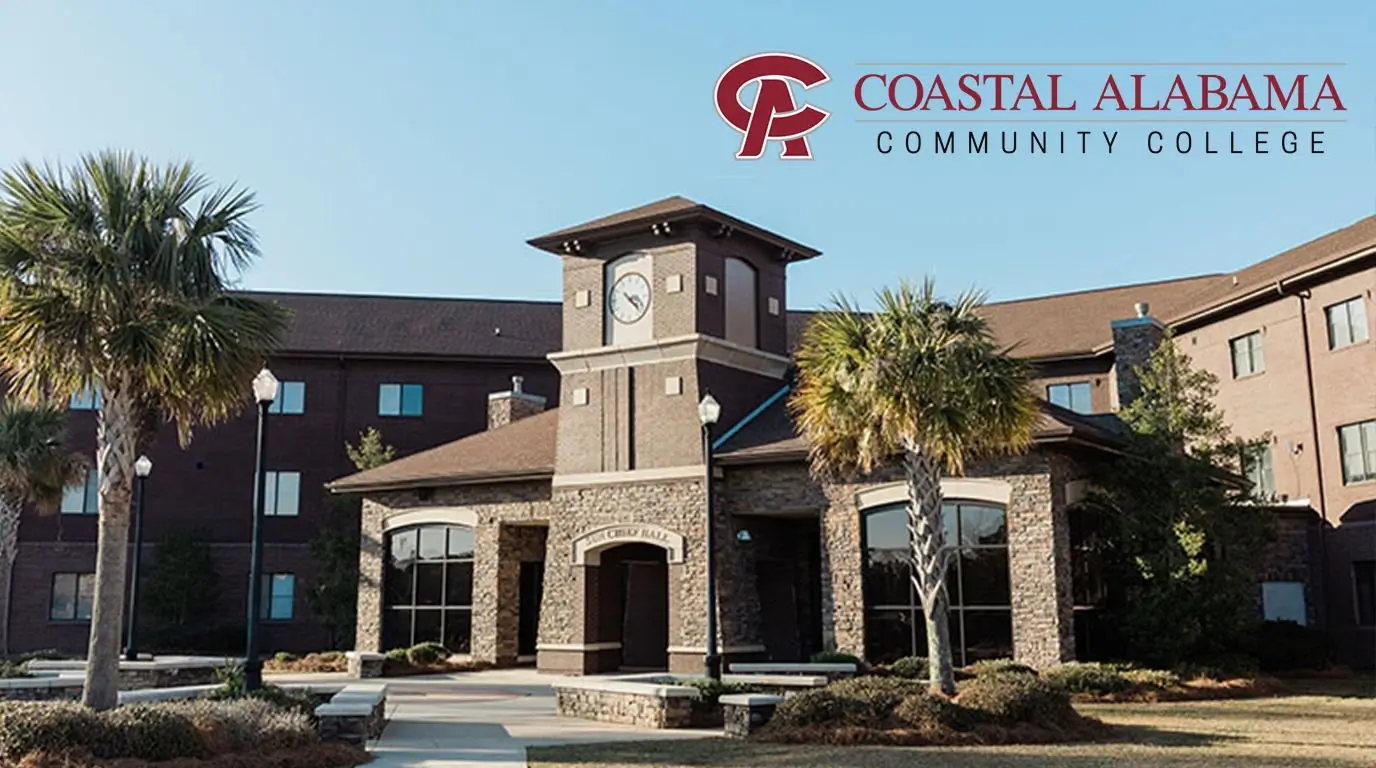Becoming a Paralegal in Maine – Your State-Specific Guide
Here’s a thought to kick things off: Did you know Maine’s got about 1,200 paralegals keeping the legal system humming, even with a population barely over a million? If you’re looking to launch a legal career in Maine without the long haul of law school, becoming a paralegal in Maine might just be your perfect move. I’ve been in this world—worked as a paralegal, guided folks starting out, and even optimized career pages to help people find their way. Maine’s legal landscape is small but mighty, with a mix of Portland’s busy firms and rural practices up north, and paralegals are the quiet force making it all work. This guide’s packed with state-specific details to get you rolling.
Paralegals here aren’t just filing papers—they’re digging into research, drafting documents, and keeping attorneys on track. Whether you’re dreaming of law firm jobs in Maine or a steady gig with the state, I’ve got the insider scoop to share. Let’s take it step by step, with some real talk from someone who’s been there.
Paralegal Definition and Regulation in Maine
So, what’s a paralegal in Maine? The state doesn’t have a formal legal definition locked down, but the Maine Supreme Judicial Court has weighed in. They describe a paralegal as someone with enough education, training, or experience to handle “substantive legal work” under an attorney’s supervision. Curious for more? Check out what a “paralegal” really does, but in essence, you’re the attorney’s go-to—doing the heavy lifting while they call the shots.
Regulations? Maine keeps it simple. There’s no state license or mandatory certification to become a paralegal in Maine. No hoops to jump through, no state bar exam to sweat over. That said, you’re not totally free and clear. Working under an attorney means you’re bound by their ethical rules—keeping client info under wraps and steering clear of giving legal advice (that’s a lawyer-only zone). It’s a straightforward setup, but it’s got teeth.
- Key Takeaway: No strict state regs for paralegals in Maine—just stick to the ethical playbook under your attorney’s watch.
Education Requirements and Recommended Programs in Maine
Let’s talk education. Does Maine require a specific degree to become a paralegal? Nope, not by law. But here’s the deal: most employers—especially in Portland or Bangor—want to see some kind of training on your resume. You might sneak into a gig with just experience, but that’s like spotting a moose in downtown Augusta—rare. An associate’s, bachelor’s, or certificate in paralegal studies is what’ll get you in the door as a paralegal in Maine.
The American Bar Association approves some programs, and those ABA-approved programs are a big deal with hiring folks. They show you’ve got the skills—legal research, writing, ethics—that you’ll use every day on the job.
Recommended Paralegal Education Programs in Maine
Here’s a shortlist of paralegal education programs in Maine I’d point you toward:
- University of Maine at Augusta (UMA) – Associate of Science in Justice Studies with a paralegal track. Not ABA-approved, but solid and affordable, with online options.
- Husson University – Bachelor’s in Paralegal Studies in Bangor. Hands-on, with courses like litigation and legal tech—great for a deeper dive.
- York County Community College (YCCC) – Associate’s in Paralegal Studies. Wells-based, with a focus on practical skills for southern Maine.
- Kaplan University (Purdue Global) – Online Associate’s or Bachelor’s in Legal Support and Services. ABA-approved and Maine-friendly, based out of Augusta historically.
Online Paralegal Programs for Maine Residents
Too far from a campus? Online’s a lifesaver. UMA and Purdue Global offer virtual tracks, and national providers like CLS by BARBRI work for Maine folks too. It’s perfect for fitting legal assistant training in Maine into a busy life—especially if you’re up in Aroostook County or juggling a job.
- Key Takeaways:
- No legal education requirement, but employers expect it.
- Associate’s, bachelor’s, or certificates are your main paths.
- ABA-approved programs give you an edge.
Paralegal Certification and Credentials in Maine
Certification’s a common hang-up. Is it mandatory in Maine? Nope, not at the state level. There’s no Maine-specific paralegal certification you have to chase down. The Maine State Bar Association doesn’t offer anything official either—it’s all voluntary if you want it.
Nationally Recognized Certifications Relevant in Maine
What matters are the national big shots: NALA’s Certified Paralegal (CP) from NALA and the NFPA’s CORE Registered Paralegal (CRP). The CP’s a tough exam—legal research, ethics, the whole nine yards—but passing it says you’re legit. The CRP’s similar, testing your core skills. Both are optional, but they pop in Maine’s job market.
Benefits of Certification in Maine
Why bother? When I was hiring, a CP or CRP on a resume told me this person’s got grit—ready to roll. It can bump your average paralegal salary in Maine and open doors to better gigs—like litigation in Portland or real estate up in Augusta. Plus, it’s a confidence boost, knowing you’ve got something solid to back you up.
- Key Takeaways:
- No state-required certification in Maine.
- National creds like NALA CP or NFPA CRP shine.
- Certification means better pay and credibility.
Paralegal Associations in Maine
Networking’s a game-changer, and Maine’s got a small but tight-knit crew to help you out. Joining a paralegal association isn’t just for show—it’s how you find mentors, job tips, and stay sharp.
State-Level Paralegal Associations in Maine
- Maine Paralegal Association (MPA) – The go-to group. They’ve got events, a job board, and a community vibe—perfect for connecting.
Benefits of Joining a Paralegal Association in Maine
The MPA’s a gem—think networking events where you might chat up someone hiring for law firm jobs in Maine. My first paralegal gig came from an MPA meetup—true story. They also offer continuing legal education (CLE) to keep your skills fresh and your resume polished.
- Key Takeaways:
- MPA’s your top association in Maine.
- Networking and CLE can kick your career into gear.
Job Market Outlook and Salary for Paralegals in Maine
Now, the good stuff: jobs and cash. The paralegal career outlook in Maine is steady, with a small but growing field.
Current Job Market for Paralegals in Maine
The Bureau of Labor Statistics counted 1,220 paralegals in Maine in 2023, mostly in Portland and Augusta. Firms like Verrill Dana in Portland soak up talent, but don’t overlook government roles—like the Maine Attorney General’s Office—or small practices in Bangor. Check out the job market for paralegals for a broader take.
Average Paralegal Salary in Maine
BLS says the average paralegal salary in Maine was $58,950 in 2023—about $28.34 an hour. Portland’s higher, around $61,000, while rural spots like Presque Isle dip to $45,000-ish. Experience, education (that CP helps!), and specialties—like family law or probate—can push you past the average. Dig into more on paralegal salaries.
Job Growth Projections for Paralegals in Maine
Projections Central pegs Maine’s paralegal job growth at 6.8% through 2030—above the national 4.2%. That’s about 140 openings a year, counting replacements. Not a boom, but steady—especially with Maine’s tight-knit legal community.
- Key Takeaways:
- Small but solid job market, strongest in Portland.
- Average salary: $58,950, with room to climb.
- Growth at 6.8%—decent future ahead.
Key Takeaways: Steps to Becoming a Paralegal in Maine
Ready to get started? Here’s your quick roadmap:
- Research paralegal programs in Maine—UMA or Husson are good bets.
- Pick your path: associate’s, bachelor’s, or certificate.
- Eye ABA-approved programs for extra cred.
- Check out certs like NALA’s CP or NFPA’s CRP.
- Join the MPA to network and grow.
- Start hunting for jobs in Maine’s legal scene.




